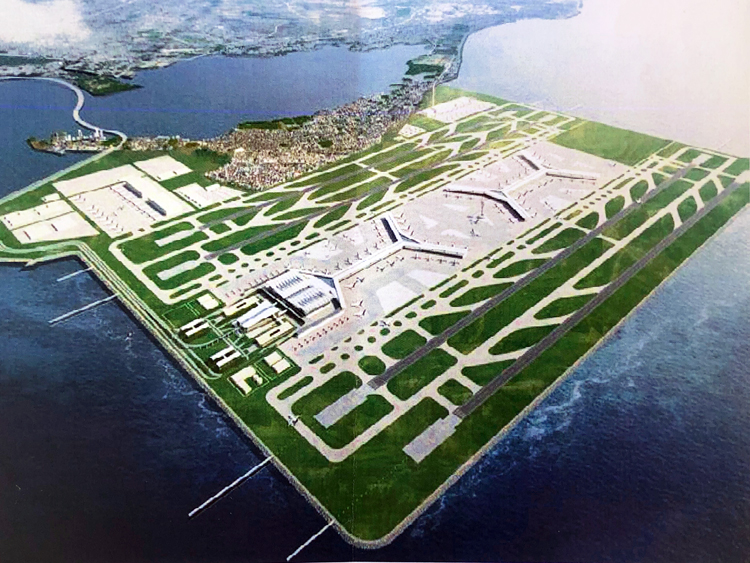Taxes collected by the government on oil importations were able to partially offset the impact of the decline in shipments from China in February, although total collections for the month still fell from a year ago, the Department of Finance (DOF) said.
Antonette Tionko, DOF undersecretary, said at The Manila Times Business Forum held in Makati City yesterday while volume of shipments posted a double-digit decline in February, total collections did not drop as much.
“We’re seeing already a lower collection from BOC (Bureau of Customs) because of the slowdown of our importations from China. Based on containers it went down, but the value was basically offset,” Tionko said, without disclosing collection figures for the month.
“It’s not drastically down. Our collections from the BOC did not go down much because this was offset by taxes on importations of oil,” she added.
Tionko said preliminary data showed importations from China based on the number of containers went down 44 percent in February. For overall importations, the number of containers declined 22 percent.
“That is for the month of February, so we’re seeing that already, and obviously we have to work on trying to find ways to recover,” Tionko said.
For February, the celebration of Chinese New Year was expected to have an effect on collections, but some workers in China extended their leave after the holidays due to the coronavirus disease 2019 (COVID-19), Rey Leonardo Guerrero, BOC commissioner, said last month.
“You have to remember in February, we were experiencing the effects of Chinese New Year.
So we were told that after the Chinese New Year, people in China should have reported for work already,” Guerrero had said.
“But because of the COVID, some of them had to extend their vacation for another 10 days… We received some reports from importers that they could not ship exports from China to the Philippines because of lack of manpower,” he added.
Tionko said the government is currently evaluating which sectors or companies are most affected by the outbreak of the virus.
“We are looking at ways to help these companies, that’s why we’re looking at who are those importing the most from China…and find ways to help these companies,” Tionko said.
“In the tourism sector, we’re also looking at how to help hotels and others affected, like airlines,” she added.
Tionko said the government will study ways on how to give the affected sectors some relief, such as through waiver of fees, especially if the COVID-19 becomes even more widespread.
“On the fees, just an example, for airlines, maybe the landing fee. We just have to think about it,” athe forum, adding that agencies involved will have to determine what relief can be given.
She said the government still has room to recover in its collections and a chance to achieve its revenue targets.
Meanwhile, Tionko said according to the BOC, the government has marked 4.3 billion liters of fuel under its fuel marking program.
“We’re trying our best to do it as rapidly as possible, but obviously since this is the first time for a nationwide implementation, it’s not as easy as we think it will be because it’s quite complicated,” Tionko said in the same event.
“We are doing it as quickly and as uniformly as possible,” she added. –Angela Lorraine Celis





